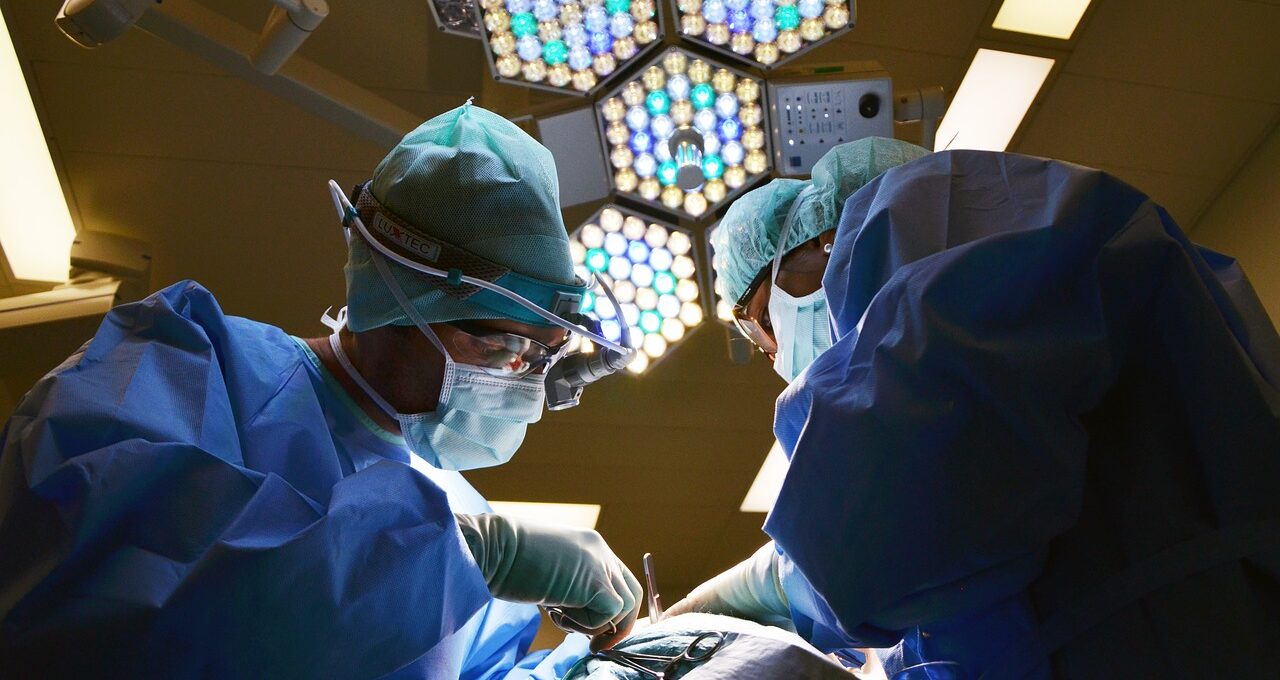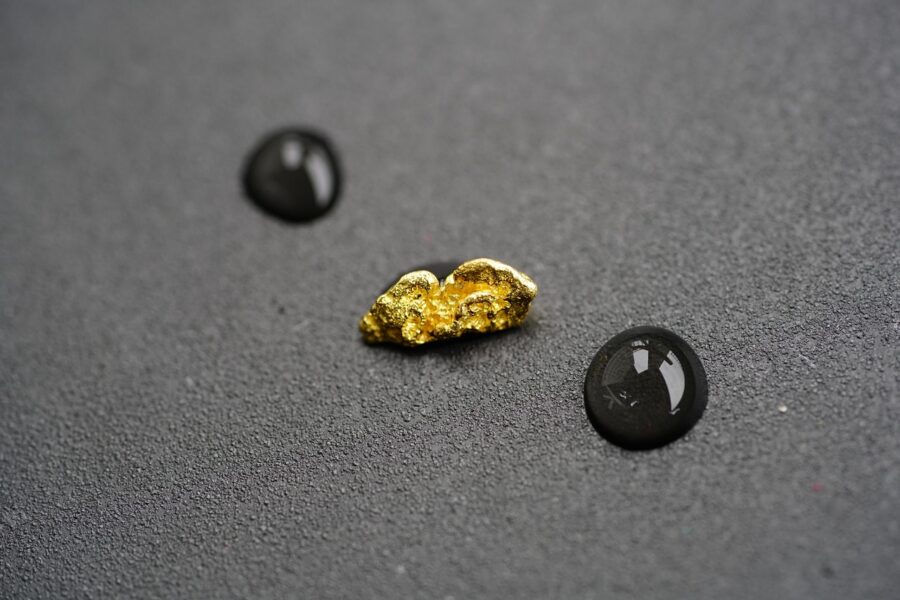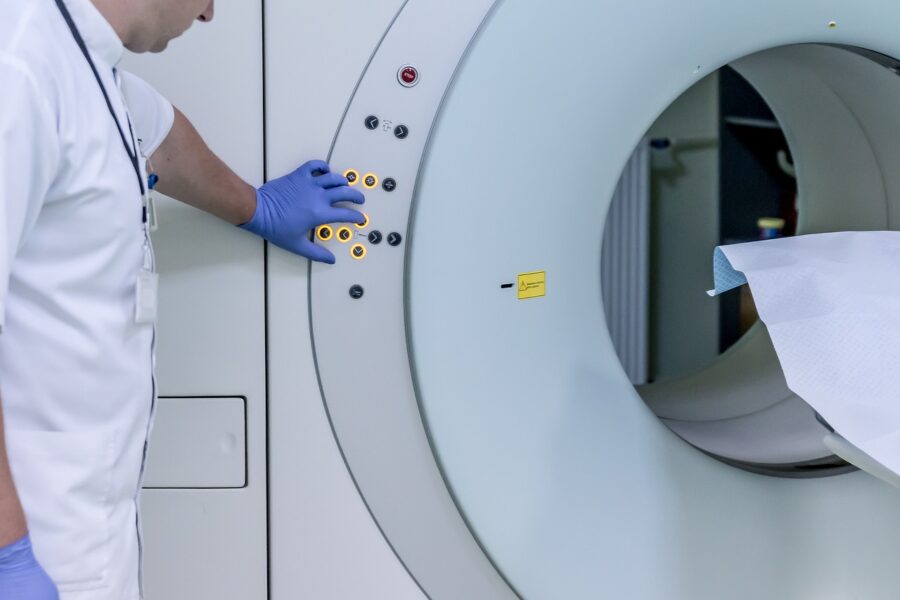4 April 2025 – Mesoblast (ASX: MSB; Nasdaq: MESO) has confirmed that its lead allogeneic cell therapy products, including Ryoncil® and Revascor®, are designated as U.S. origin products and will not be subject to new U.S. tariffs on imported medical goods.
This update follows the U.S. Government’s recent announcement of expanded tariffs on various imported biopharmaceuticals. Thanks to Mesoblast’s U.S.-based donor sourcing and manufacturing, its products are classified as domestic under U.S. FDA and Customs guidelines, insulating them from potential trade-related cost increases.
What does this mean?
Mesoblast’s products are derived from its proprietary remestemcel-L and rexlemestrocel-L mesenchymal lineage cell platforms. The company has built a manufacturing model around U.S. donors and U.S. production, which now pays off by keeping its therapies clear of the newly proposed tariff regime.
In particular, Ryoncil®, which is the only FDA-approved allogeneic mesenchymal stromal cell therapy for any condition, is officially recognised as a U.S. Country of Origin product, as documented in the company’s Biologic License Application (BLA). Ryoncil® is approved for use in pediatric patients with steroid-refractory acute graft versus host disease (SR-aGvHD), a serious and often fatal inflammatory condition.
Why it matters
Avoiding tariffs is a big win for Mesoblast. It means:
- No unexpected price increases for its cell therapy products in the U.S. market
- Continued competitive advantage against overseas-based cell therapy developers
- Greater supply chain certainty for U.S. hospitals, physicians, and patients
Mesoblast is also developing its remestemcel-L and rexlemestrocel-L therapies for a range of inflammatory conditions, including inflammatory bowel disease, adult SR-aGvHD, heart failure, and chronic low back pain.
With over 1,000 granted patents or applications, a global presence spanning the U.S., Australia, and Singapore, and a scalable manufacturing platform, Mesoblast remains well-positioned to deliver next-generation cell therapies to patients worldwide.





